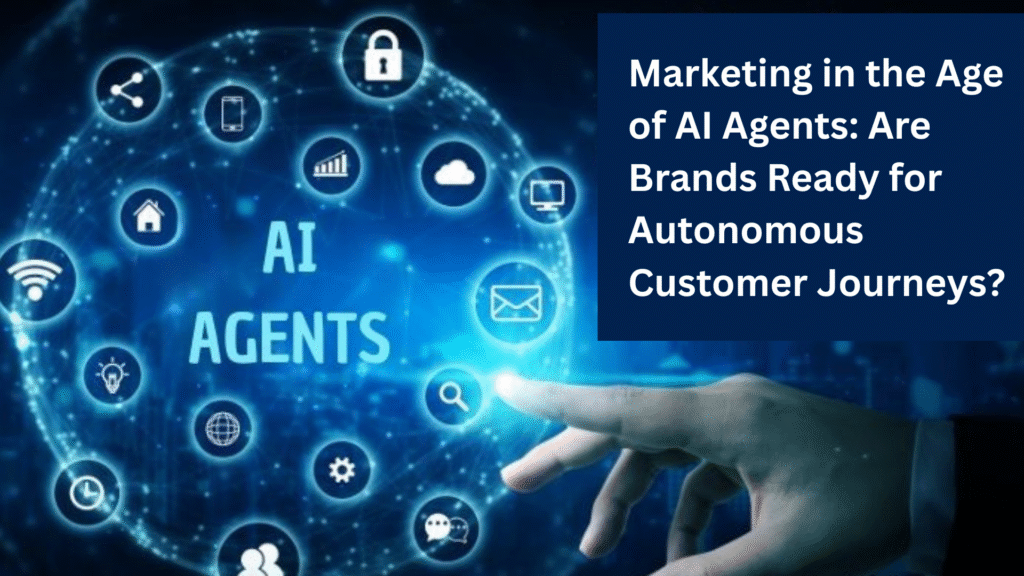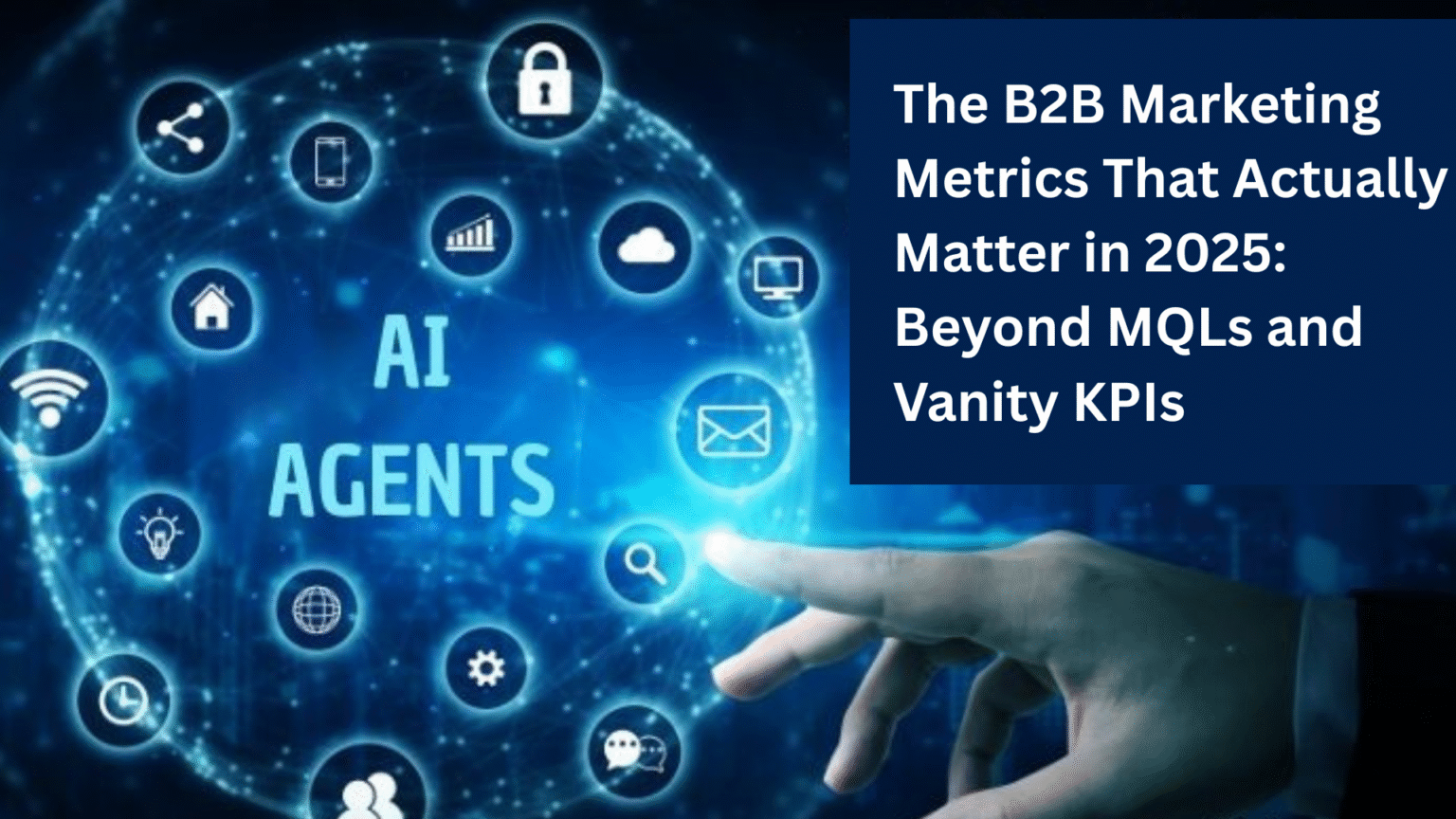
The Rise of AI Agents Is Reshaping Customer Behavior –
We’re entering a new era of digital marketing — one where AI agents, not humans, are becoming the first point of contact in the customer journey. Tools like ChatGPT, Google’s Gemini, and Perplexity AI are not just answering questions; they are researching, recommending, and even deciding on behalf of users.
Consumers, especially in tech-savvy and time-constrained segments, are beginning to offload decision-making tasks to personal AI assistants. Whether it’s asking an AI to “find the best project management software for my startup” or “book a family-friendly vacation within budget,” the AI agent becomes the gatekeeper to your brand.
What’s changing in consumer behavior:
- People now delegate complex decisions to AI (from products to services).
- Traditional marketing funnels are being replaced by AI-driven interactions.
- SEO is evolving — you’re optimizing not just for search engines, but for AI interpreters.
The Autonomous Customer Journey Has Fewer Human Touchpoints –
In a traditional customer journey, prospects might discover your brand via ads, visit your website, read reviews, sign up for a newsletter, talk to a sales rep, and then convert. But in the age of AI agents, that journey is condensed, non-linear, and heavily automated.
AI tools can analyze product specs, compare prices, check reviews, and summarize feedback — all within seconds.
What this means for marketers:
- The number of direct brand-customer interactions is shrinking.
- Content must now be machine-readable, structured, and context-rich.
- Brands must optimize for AI discovery — not just human engagement.
- Buyers might never visit your site — but they’ll still make a decision about you.
Brands Need to Shift from Selling to Feeding AI with Quality Inputs –
AI agents make decisions based on the data they can access, which means your brand’s visibility in this new ecosystem depends on how well you “educate” the AI.
This includes:
- Structured product information
- Verified customer reviews
- Consistent messaging across third-party sites
- Technical documentation
- Clear value propositions in machine-friendly formats
In other words, you’re no longer just marketing to people — you’re marketing to machines that make decisions on their behalf.
Tactics to prepare your brand:
- Ensure your content is available in structured formats (FAQs, schema markup, product sheets).
- Distribute key brand data across trusted sources (not just your website).
- Encourage reviews on platforms AI tools pull from (G2, Capterra, Amazon, etc.).
- Create content that answers real user prompts likely to be asked to AI agents.
SEO and Content Strategy Are Entering a Post-Click Era –
SEO used to be about ranking high on search engines to drive traffic. But with AI agents summarizing information and making decisions within chat interfaces, we’re now in a post-click SEO world. Your content might be seen, summarized, or even recommended — without a single click.
What’s important now is how AI understands your content:
- Does it rank your brand as credible?
- Does it pick up your product features accurately?
- Does it align your messaging with user intent?
This is forcing marketers to rethink KPIs. Instead of focusing purely on traffic and conversions, forward-thinking brands are tracking AI visibility, inclusion in AI-generated lists, and mentions in AI answers.
Are Brands Ready? Most Are Still Behind –
Despite the rapid growth of AI agents, most brands are unprepared for this shift. Marketing teams are still chasing traditional metrics: traffic, click-throughs, and form fills — while AI agents are increasingly bypassing these steps altogether.
Preparing for this new landscape requires a fundamental mindset shift:
Marketing is no longer about creating flashy content or clever copy — it’s about providing the cleanest, most accurate, and most accessible information for machines to digest and recommend.
Key gaps most brands face today:
- Lack of structured, accessible product data
- Inconsistent messaging across the web
- Overreliance on owned platforms (ignoring third-party data sources)
- Little to no tracking of how AI agents mention or rank their brand
Conclusion –
In the age of AI agents, where autonomous tools increasingly guide and even make customer decisions, brands must evolve beyond traditional marketing tactics. Success now depends on how well your content, data, and messaging are structured for machines to understand, trust, and recommend. This shift demands a new kind of visibility — not just among people, but within the algorithms powering AI assistants. The brands that adapt to this change will lead the market; those that don’t may find themselves left out of the buying journey entirely.


